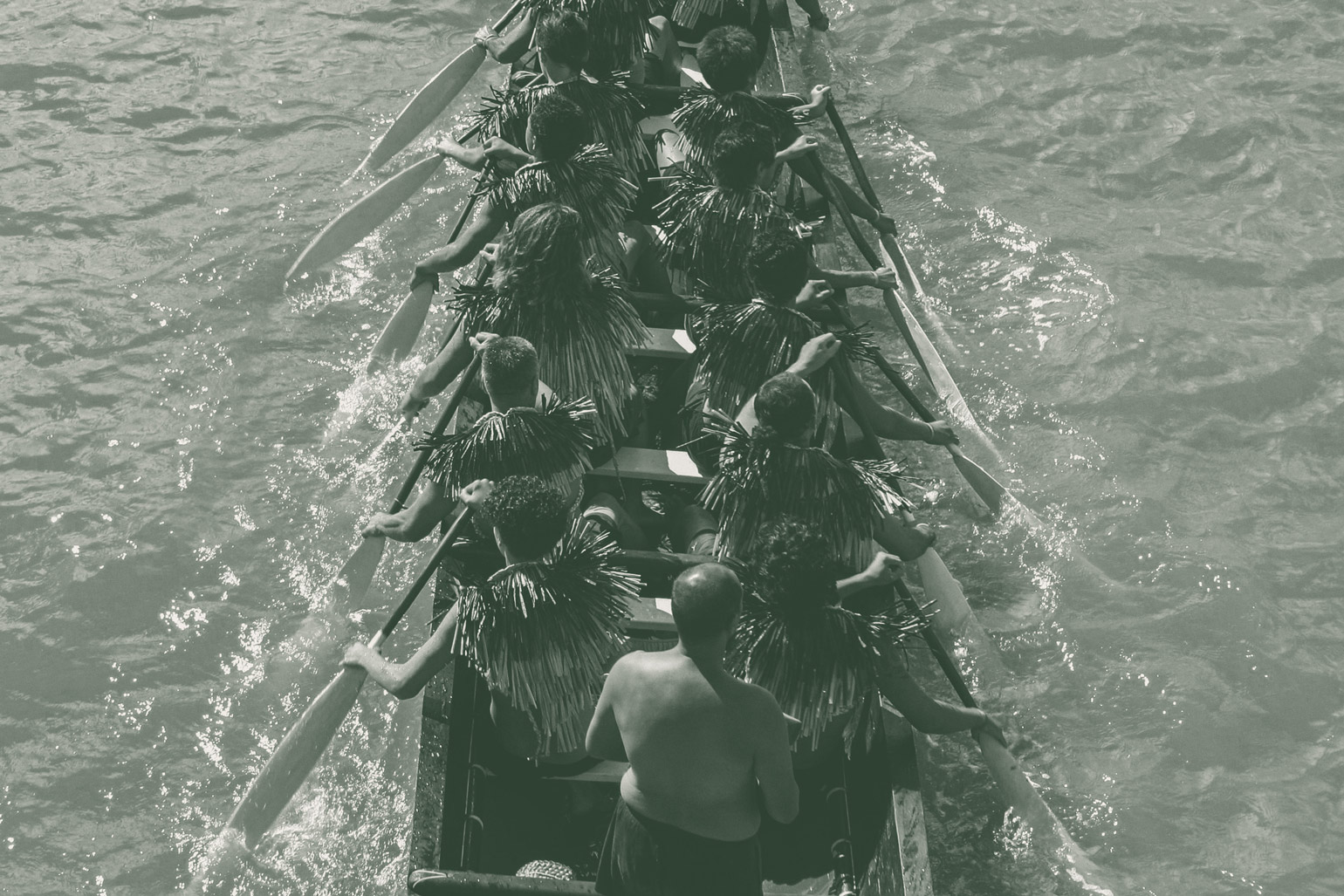Setting the scene for our reflections
In spite of the conditions of uncertainty that existed for our sea-faring tūpuna, they travelled onto the vast oceans with the resolve to meet whatever came their way, be that choppy seas, storms or swells. This resolve continues within us: whether we meet new settings or continued floods and storms, our resolve remains the same. What needs to shift is the system in which we exist – we detail this below in our reflections on the response to the recent Cyclone Gabrielle.
On this page

Photo credit: Tony Foster, Ngā-toki-mata-whao-rua, c. 2010
The impacts of Cyclone Gabrielle
Cyclone Gabrielle has had far-reaching and potentially long-lasting impacts on Northland housing, workforce and business communities. As at February 2023:
Transport – a total of 378 local roads were impacted by closure or restrictions (212 were full closures).
Businesses – those that are dependent on seasonal summer revenue have been significantly impacted.
Housing – 39 houses impacted overall, with 4 red building assessments and 17 yellow building assessments. Rebuilding will further strain the demand for labour in the construction sector.
Tourism – Ongoing roading issues, and continuing rain events means the region is still battling the perception that the rohe is not open for business. Certainly, parts of the rohe are compromised, but in reality most businesses are open and eager for customers.
Against the backdrop of Cyclone Gabrielle’s continuing impacts, the multi-hull waka paddles forth; we reflect on our position and our way forward. We believe we can turn these challenges to our advantage by working together and following the kaupapa set by our tūpuna.
Reflecting on the opportunities within the response
Marae and local community hubs are and historically have been the powerhouse for immediate responses to events
Our tūpuna set a path of resiliency, which our people have followed. While flooding is not new to us, the way Government responds needs to shift to better meet our needs. The strong capability and relationships that exist on the ground need to be reflected in response settings.
The opportunity
If we target investment into marae and other local settings, we will amplify their ability to provide for the community and enable those in the community to be trained in emergency response skills.
Shocks to communities are cumulative, and the historical inequities cannot be forgotten
Recent events worsen the inequities that already exist. Successive weather effects, alongside historical under-investment, has had a compounding effect on our infrastructure and economy. The impacts on our people have been deeper: whānau have had to move away to find employment, pulling people away from their whenua.
The opportunity
Government can respond differently by investing in a manner that genuinely reflects ‘community led, regionally enabled, centrally supported’. Te Purunga ki Te Raki RSLG’s RWP reflects the appetite from regional stakeholders for iwi-hapū led workforce development, in line with social procurement for government investment in housing and infrastructure.

